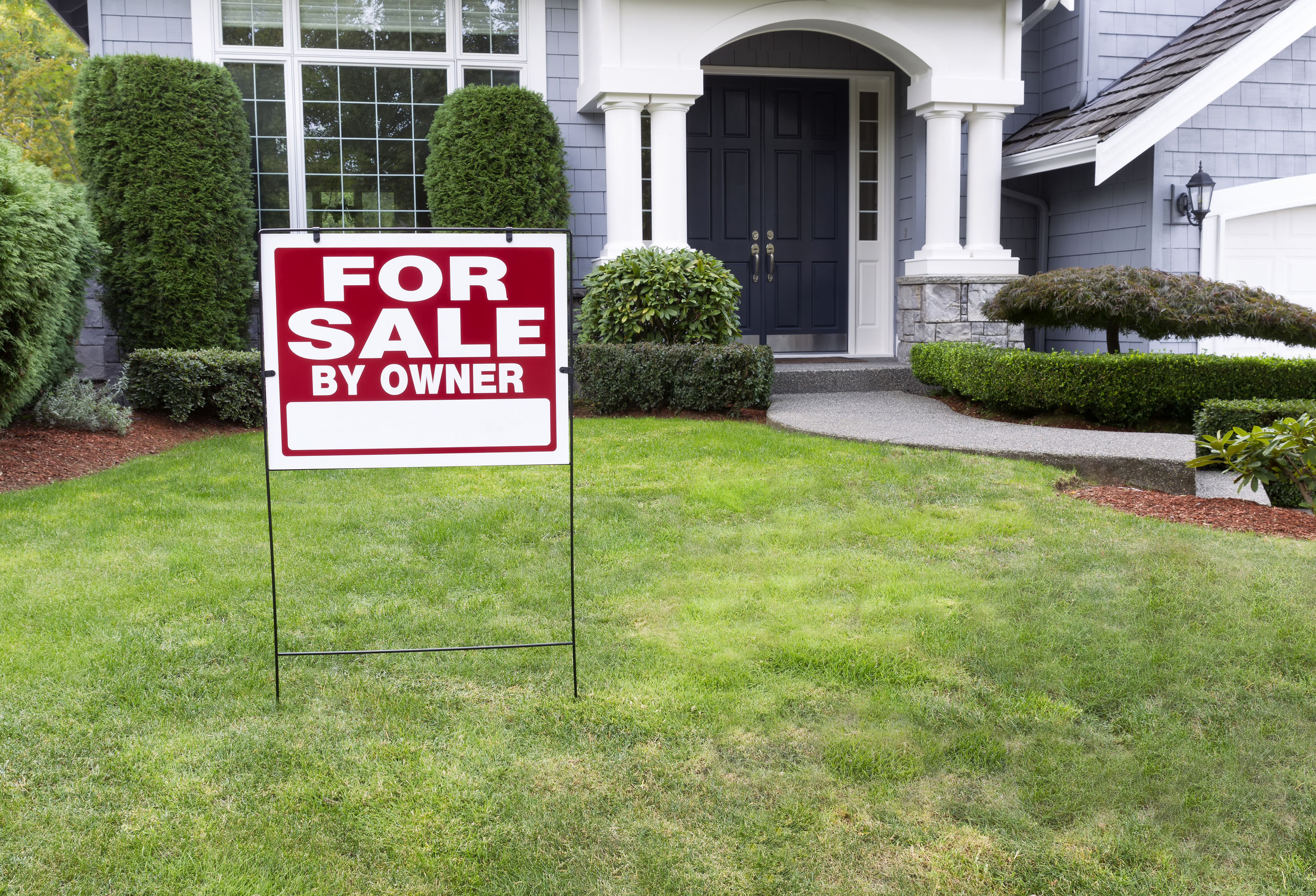When they first purchase their home, most property owners pay little to no attention to local zoning and land use laws until they face a legal dispute with a neighbor or city official.
The legal rights and obligations concerning a person’s property ownership and use can become an expensive legal battle, especially if their property is zoned as a mixed-use residential area.
Purpose of Zoning And Land Use Laws
Many different types of legal disputes can arise from local zoning and land use laws. However, these types of laws serve an essential public purpose. Zoning laws help assure that residential and commercial property development is rational, conforming, and in the community’s best interests.
All real property is subject to local and state zoning restrictions. No exception. Whether it is new construction, remodeling, or renovation, you must consider the local zoning laws before spending money and resources.
Process of applying for a variance
Modifying existing zoning laws and ordinances mandates a specific legal process, including providing your local community with written notice of your land use plans. The modification method is performed by applying for an application or petitioning for the variance of existing zoning regulations.
Zoning variances
The application or petition for zoning variances must be submitted to and approved by your local planning commission. The process usually requires presenting your case to an appointed zoning and planning board that will evaluate your petition and, if necessary, hold a public hearing on the matter.
Minor variances
Minor non-conformance with zoning laws is generally permitted without having a public hearing or formal presentation of evidence supporting your zoning change request.
The outcome will depend on how substantial and out of character the variance is, compared with the clear intent of the zoning laws in your area.
Zoning laws and public policy
Business interests versus public interests
A growing public sentiment, especially within the business sector, contends that land use should be dictated by market forces and not by zoning commissions. Most believe that zoning officials have too much power and often ignore local commercial interests’ legal rights. The problem, however, is that businesses sometimes need to put the public interest first when applying for zoning changes.
Manipulation of zoning laws
Businesses often attempt to manipulate the zoning law to increase the value of their commercial property without adding any value to the community. This is particularly true when real estate developers attempt to change the character of their property through zoning modifications such as parceling large subdivisions and commercial expansion projects that tend to increase the overall value of their real estate.
Those businesses that add value through changing zoning laws make tangible changes through actual improvement and renovation of the properties and add to the overall economy by advancing local conditions.
Common zoning and land use legal disputes
The most common subjects of zoning law disputes involve complaints related to:
- excessive noise amounting to a nuisance
- property fencing
- grass, weed, and pest control
- curfew
- dumping
- fire lane hydrant placement
- no-build zones
- parking limitations and permit the use
- signage
- pet and animal control
- placement of trees
- zoning laws covering the right of property owners to have yard sales
Real Property Lawyers
If you need advice or guidance on property disputes and zoning issues consider consulting with an experienced real estate and land use lawyer.











